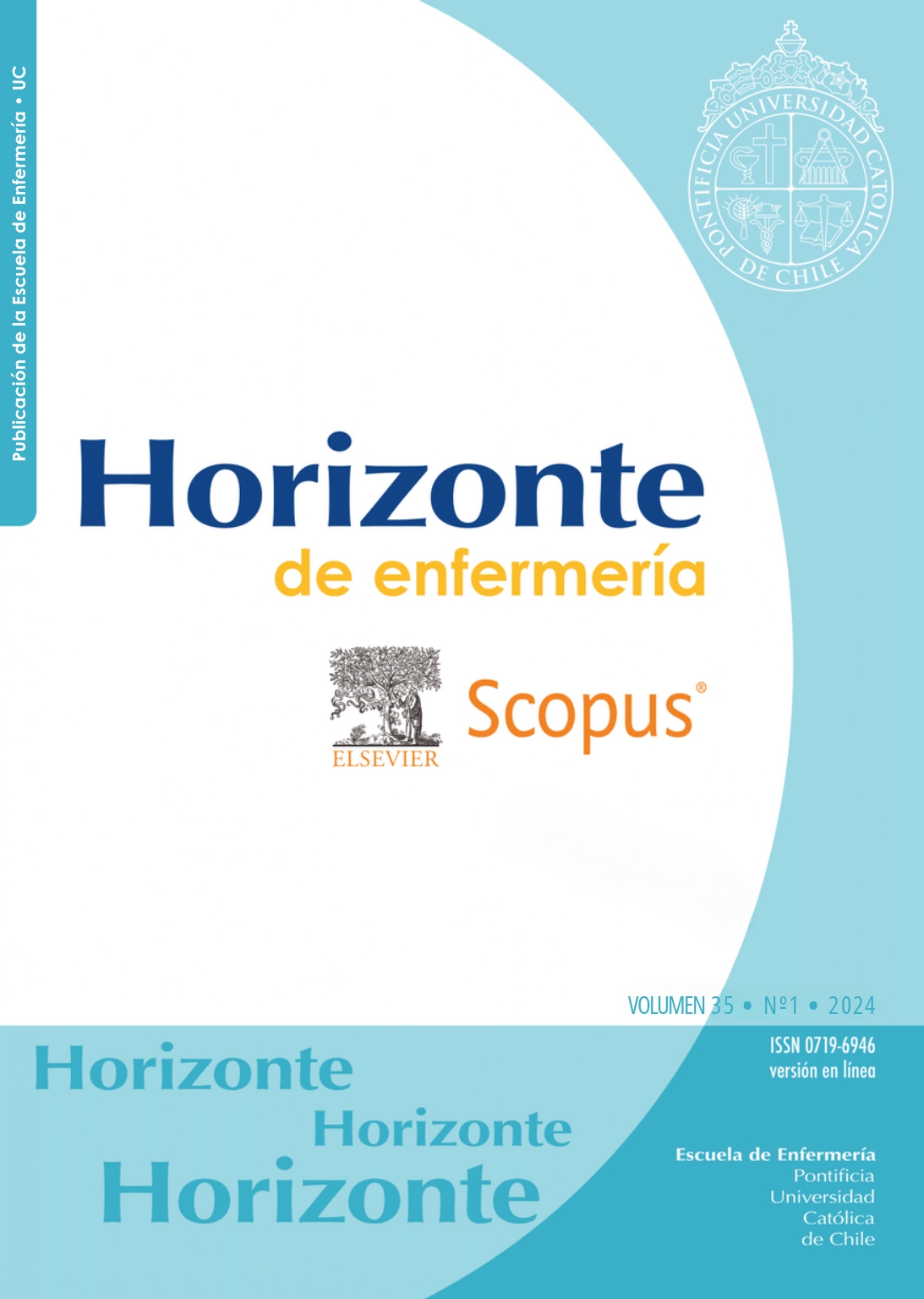EMPIRICAL DERIVATION APPLIED TO DIAGNOSTIC TEST RESEARCH ON NATURAL FLUORESCENT BIOMARKERS
Main Article Content
Abstract
INTRODUCTION: Statement derivation is a strategy used to develop statements about a phenomenon by employing analogies between two fields of knowledge. Thus, a statement from one field of knowledge is used to develop another statement from another field, even from another branch of knowledge, which shares a common structure or content. OBJECTIVE: To develop a tool that facilitates identifying the feasibility of creating and evaluating natural fluorescent biomarkers, derived from the architecture for research into diagnostic tests by Gluud and Gluud. METHODOLOGY: To carry out the process of statement derivation, the five steps proposed by Walker and Avant were used. DEVELOPMENT: Exhaustive review of the architecture for research into diagnostic tests by Gluud and Gluud; inquiry related to literature in biomedical sciences, public health, research methodology in health sciences, molecular medicine, physics, and biology; selection of fluorescence method as the field of origin; adaptation of the architecture for research into diagnostic tests; redefinition of the new statements. CONCLUSION: Statement derivation based on the architecture for research into diagnostic tests by Gluud and Gluud is relevant, as it facilitates designing a tool to create and evaluate natural fluorescent biomarkers.
Downloads
Article Details

This work is licensed under a Creative Commons Attribution-NonCommercial-NoDerivatives 4.0 International License.
